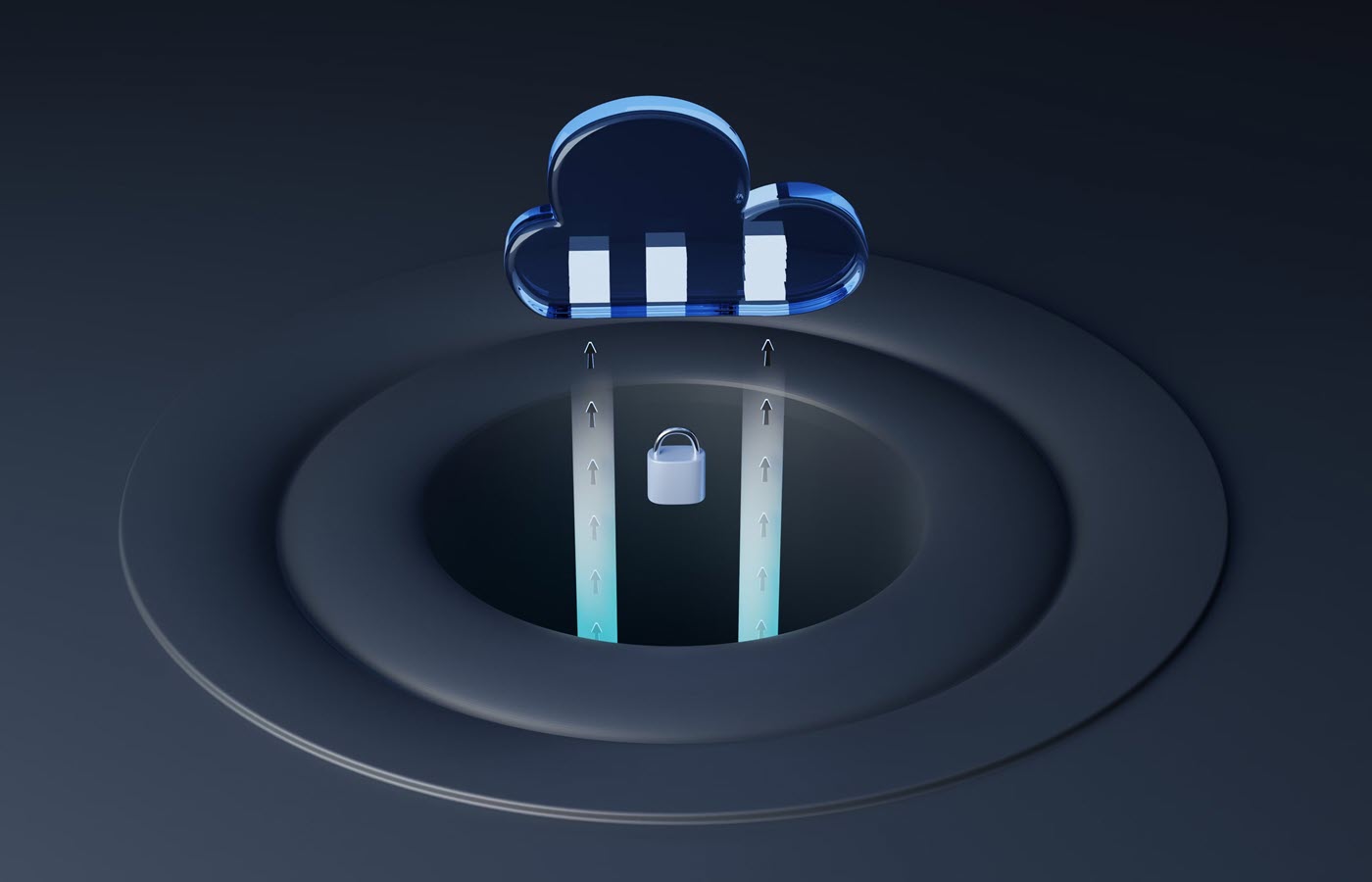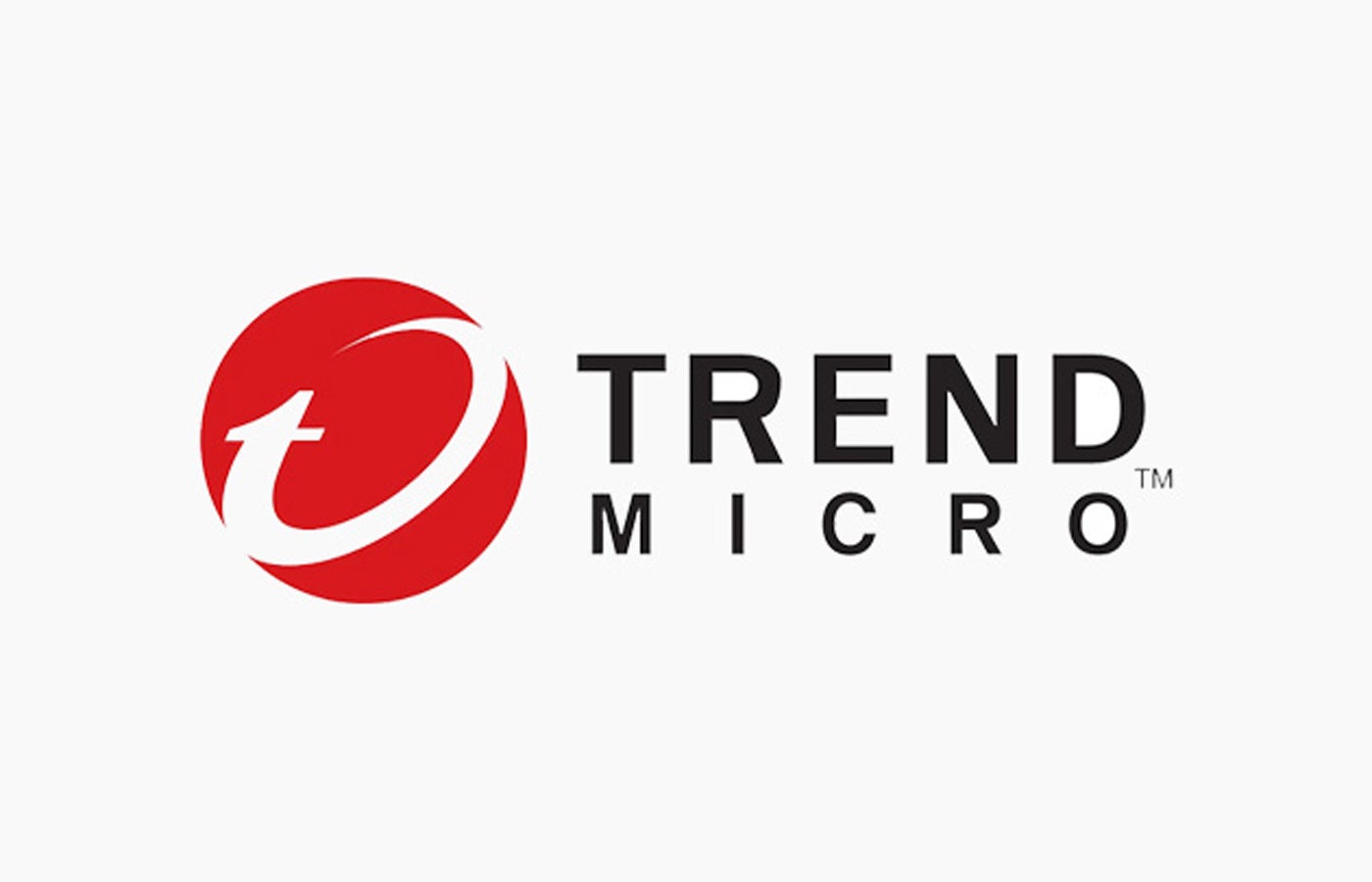JetBrains, the maker of developer tools and the Kotlin Google-endorsed programming language for Android app development, has launched its take on Microsoft Teams and Slack with a product called Space.
JetBrains is better known for its developer editing tools, such as the IntelliJ integrated development environment (IDE) for Java, and PyCharm, the most widely used IDE for programming language Python.
The Czechia-based company also designed Kotlin, the Java-compatible programming language that Google is encouraging all Android app developers to use and which it itself employs for its own Google Home apps.
It’s possibly good timing for the company to officially launch its answer to Microsoft Teams and Slack, given that CRM giant Salesforce has just bought Slack for $27.7bn with about 12 million daily active users to boost Salesforce’s Customer 360 platform.
Salesforce chief Marc Benioff said he liked Slack because it lets customers share CRM information over chat. Plus it makes Salesforce a more compelling rival to Microsoft’s Office 365, Dynamics 365 and its free Teams offering.
JetBrains isn’t a household name but it’s got broad reach into the software developer market thanks to Kotlin and its IDEs. There are about 23 million developers worldwide, according to Statista. JetBrains says eight million developers use its tools.
The company launched Space in December 2019 via a beta program and says it has received over 35,000 requests from companies to use it.
The early-access program was squarely aimed at developers, with support for coding version-control based on Linux kernel boss Linus Torvalds’ Git, code review, DevOps features based on Kotlin scripting, package repositories, planning tools, and an issue tracker. On top of this, it has all the expected chat platform features, such as chats, blogs, meetings, and a team directory.
Since then, JetBrains has been working to improve Space features, including chats, meetings, calendars, issues, mobile apps, launched documents, issue boards, automation CI/CD, personal to-do lists, and added turn-based code reviews.
Space doesn’t currently support video calls, so it’s not quite yet a competitor to Zoom, WebEx, Microsoft Teams or Google Meet. But JetBrains tells ZDNet that both built-in and integrations with external tools will be included in Space in 2021.
Today, Space users can connect to a Google Meet account to Space’s calendar and conduct calls scheduled from Space.
It’s offering a free subscription with a cap of 2,000 command integrations (CI) per month with 10GB of storage per user and 50GB of data transfer per user each month.
The entry level paid-for service starts at €8 ($9.60) per user each month with 4,000 command integrations, 10GB of storage per user and 50GB of transfer.
The organization subscription costs €20 ($24) a month per user and includes 10,000 CI credits per month, 25GB of storage per user, and 125GB of data transfer per user each month.
While JetBrains is initially targeting developers with Space, it does have bigger ambitions for the product. It hopes to break out of the developer market over the next year via several new planned features to appeal to marketing and human resources departments.
Its roadmap for 2021 includes an on-premises version of Space as well as video calls, and integrations with Google Calendar and Outlook/Office365 calendars.
Space could face the same problems that Slack did when it tried to square up with Microsoft after it launched Teams in 2016. Slack charged users between $80 and $150 per user per year for a chat app, while Microsoft charged $60 a year per user for Office 365 for its Business Premium tier, which included Exchange email, a terabyte of OneDrive for storage, Skype for Business, and Teams.
More on JetBrains, Kotlin and programming languages
- Kotlin language maker JetBrains: Windows 10 and M1 macOS get Android Jetpack Compose
- Programming language Kotlin 1.4 is out: This is how it’s improved quality and performance
- Oracle’s Java 15: New features aim to keep millions away from languages like Rust, Kotlin
- Kotlin programming language: How Google is using it to squash the code bugs that cause most crashes
- Kotlin programming language: Google offers free course for Android development
- PyCharm: Here’s what Python programming language developers get in new IDE update
- Programming languages: Java developers flock to Kotlin and ditch Oracle JDK for OpenJDK
- Kotlin: How JetBrains created Google’s preferred Android programming language TechRepublic
- Jetpack Compose: Google’s Kotlin-based UI toolkit for Android apps moves to alpha TechRepublic





